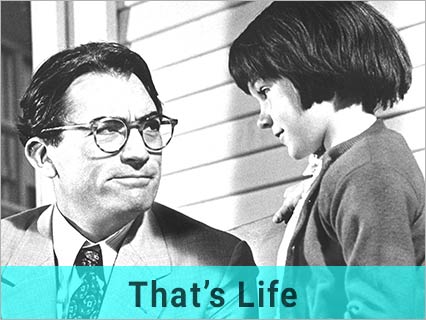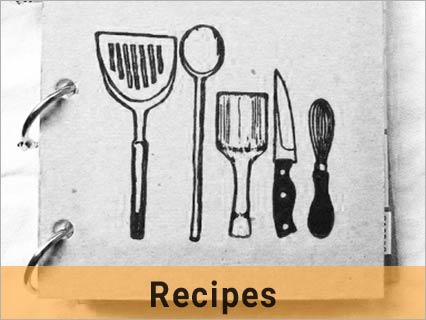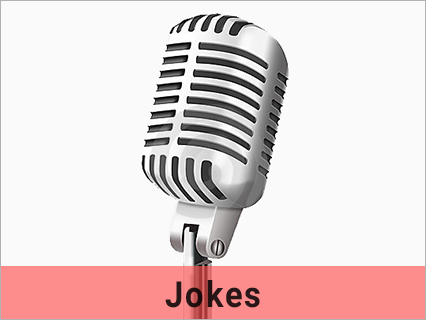If you are ill, press buttons 111 for an entertaining experience… perhaps?
07 Aug 2021
Dear LPG,
I remember reading an article from your pages about three years ago which told of the writer’s disappointment having phoned 111 for medical help (►►►). At that time the government was still busy telling the public not to waste the emergency service’s time by calling 999 unless there was a real emergency and promoting their alternative service with television and radio adverts while negative reactions were being reported by people who had used it.
But three years on I thought things might have improved a bit. After our 2020 experience of GP telephone appointments, I have to say that I am even warming to the idea of getting in touch with my GP in this way. It saves all the early morning queueing in cold weather to get seen about problems that are ongoing, but when there is an accident or crisis we are now expected to work out if we have a ‘999’ emergency on our hands or not.
I live with my mum who is 92 years old and, after a shopping expedition recently, we got home, made her a cup of tea, and I left her sitting on a stool watching television for a moment while I went upstairs. I then heard a thud and ran down to find her on the tiled kitchen floor.
She was conscious and coherent enough to explain that she had nodded off while sitting on the chair resulting in a bump on the head as she fell to the floor. I got a cold compress for her head and, within 10 minutes, we were able to get her upstairs and comfortable before phoning 111. I hope it does not happen too often, but I do wonder how many people have similar experiences and agonise about if theirs is a ‘999’ emergency situation or a ‘111’ not-quite-an-emergency crisis. After all we are also told that the sooner you get help in a medical crisis the better for the recovery of the patient, and I am no expert!
When we got through, we listened to 5 minutes of recorded information telling us to get online if we thought we had Coronavirus which, I suppose I expected. This included the ‘press button 1 for this or 2 for that’ type inquisition starting with ‘Are you in London?’, ‘Are you calling about Coronavirus?’ after which you are advised to go online again. Then came another button-pressing exercise to separate the under-5s and we got back to advice about how to get help online and were offered a button to press to get a text with a URL. This was followed by advice for ‘flu and more information about Coronavirus after which you are expected to enter your age on the keypad. We finally got to an option for those who ‘are unwell’ and this took about 5 minutes. up to this point we were listening to a recorded voice, which meant that there was no one to work out if there was time for a patient who was really unwell to stay conscious long enough to answer what was asked.
Finally, we got through to a real-life advisor who started off by asking the expected questions about the patient’s date of birth, name and address. Then some pretty pertinent ones about, ‘how long ago it had happened’, the circumstances of the fall. But during the following 20 minutes we were treated to some real entertainment.
There were the obvious questions asked about breathlessness, bleeding and if she had had a fit. Then came the odder ones; was she confused, did she have difficulty speaking (I would have thought that any advisor would have been able to ascertain as well or better than a disorientated patient having talked for a while).
One of my favourite moments was when we were asked how high was the chair that she had fallen from was, but by now the questions were so bizarre that I asked if the advisor would like to wait a minute while I got a tape measure and measured the length but was told that that would not be necessary.
This all took about 25 minutes and, in spite of the fears I had about my mum’s fall, by the end of the interview the two of us were trying hard not to be heard laughing. It occurred to me that, had my mother been on her own perhaps the questions might not have been quite so odd or long winded, but there are a lot of ’ifs’ to be taken into consideration there. She could have passed out while waiting for some help.
In this instance, it was a very entertaining experience but I agree with PS, who wrote the earlier LPG article I mentioned.
On one hand we are told minutes’ matter in a medical crisis, while on the other we are also told not to bother the 999 service unnecessarily. I came to the conclusion that the NHS are using the tactic of amusing their patients better to cloud over the amount of time it takes to talk to a real medical professional.
EB, Lee







